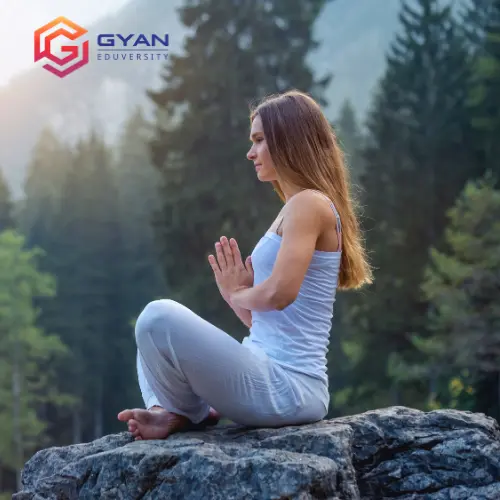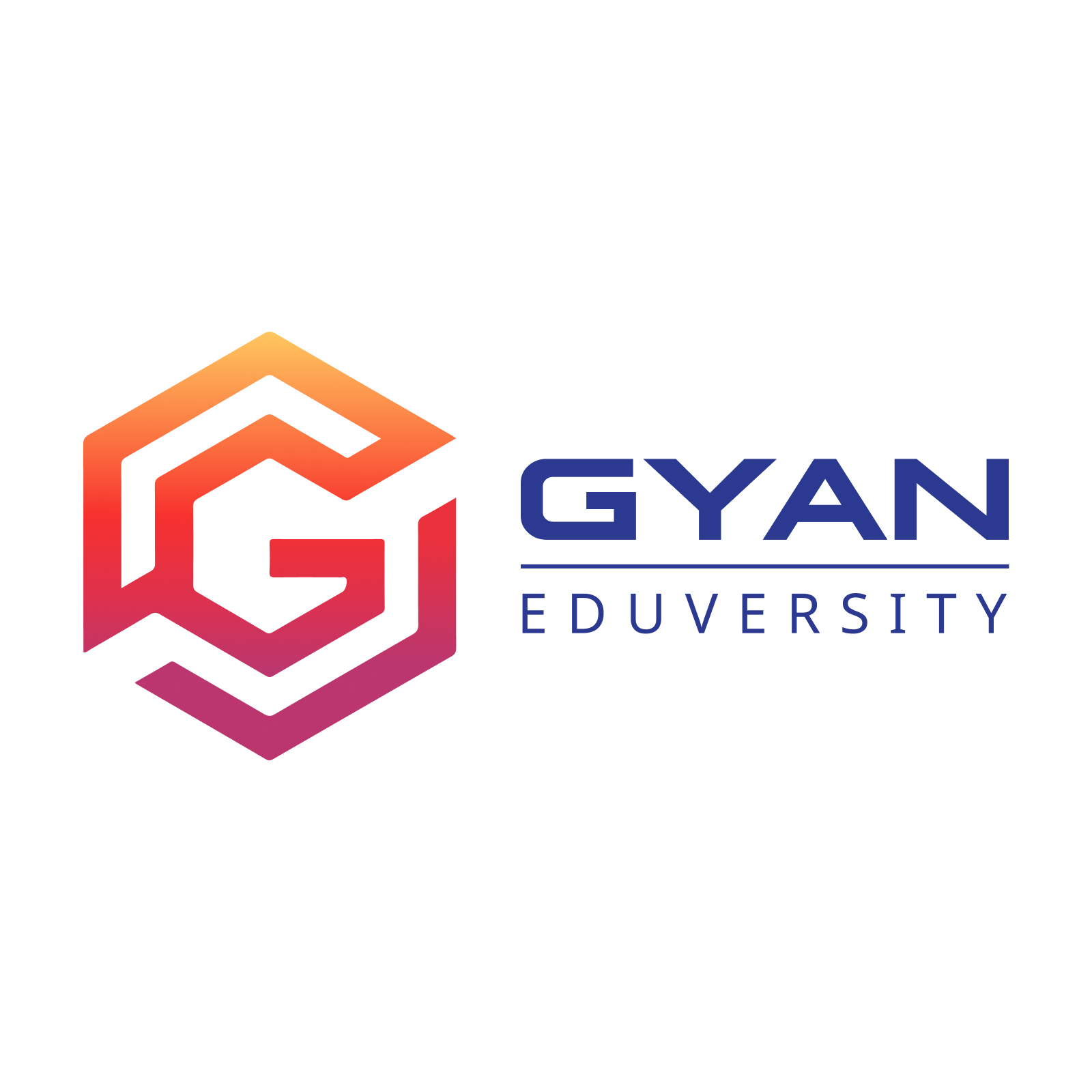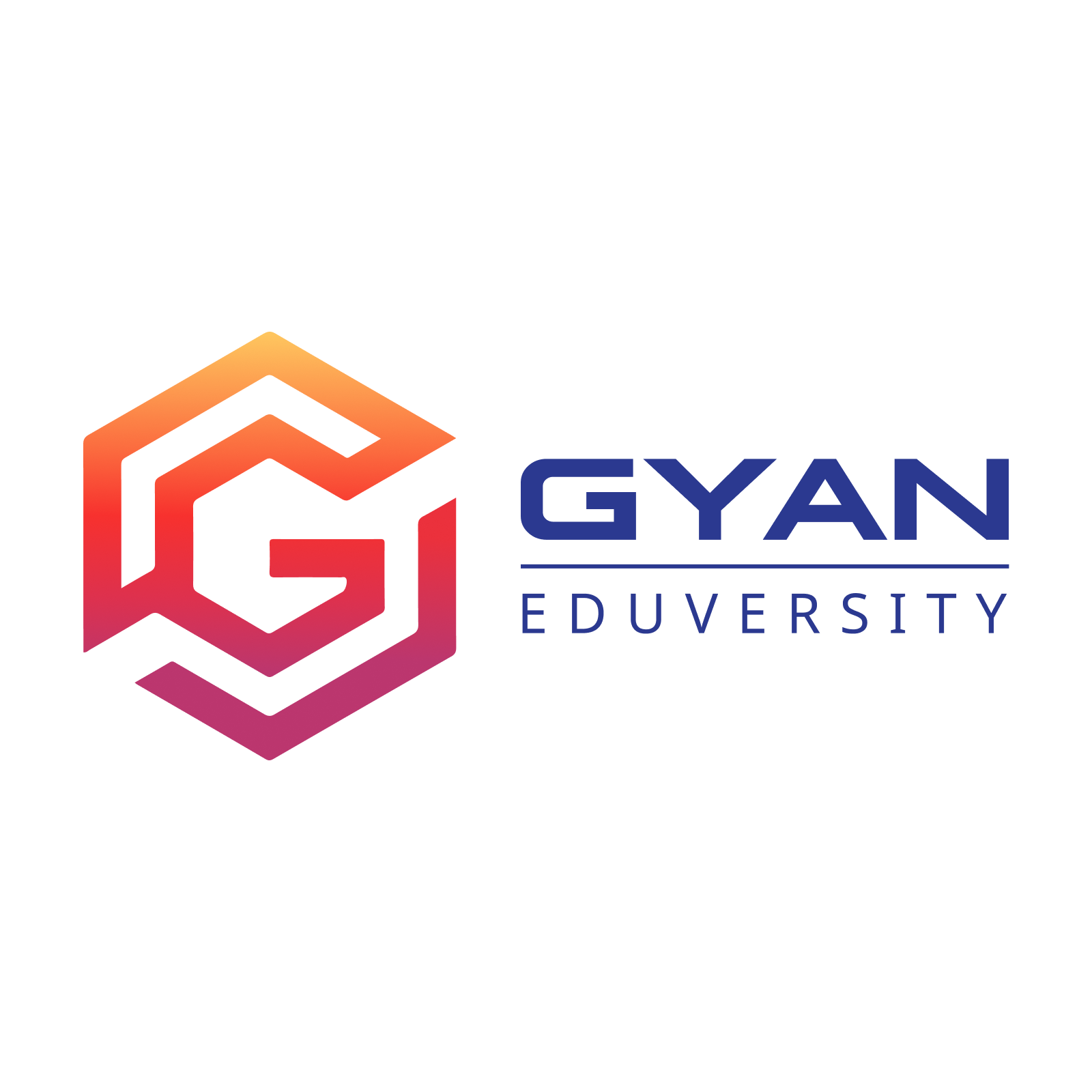Certificate in Yoga and Naturopathy – 6 Months (Course ID 134)

Call For any Query : +91 8840458141
Certificate in Yoga and Naturopathy – 6 Months Course Curriculum (Course Code 134)
Course Breakdown:
- Yoga Philosophy & Physiology This subject delves into the history and evolution of yoga, covering key philosophical texts and concepts such as the four major paths of yoga: Karma Yoga (the path of action), Bhakti Yoga (the path of devotion), Rāja Yoga (the path of meditation), and Jñāna Yoga (the path of knowledge). Students explore key Indian philosophies like Samkhya Darshan and Vedanta Darshan. The subject also examines the relationship between asanas (physical postures), pranayama (breath control), and meditation. Topics like Chakras, Asthanga Yoga (8 Limbs), and Hatha Yoga provide insights into the holistic practice of yoga. The course emphasizes overcoming obstacles in yoga and deepens the understanding of the interconnectedness between the physical body and spiritual growth.
- Introduction to Yogic Anatomy This subject introduces students to the fundamental anatomy and physiology of the body, which is essential for effective yoga practice. Topics include flexibility basics, anatomical terms, and the study of key systems such as the skeletal, muscular, nervous, digestive, endocrine, cardiovascular, and respiratory systems. Understanding the body’s structure is crucial for maintaining proper alignment and preventing injury during yoga practice.
- Traditional Yoga The course covers the Patanjali Yoga Sutras, focusing on the definition of yoga, types of mental fluctuations (vrittis), and the path to Raja Yoga. Swatmaram’s Hatha Pradipika introduces students to asanas, pranayama, kriyas, and other practices. The subject also explores the philosophical aspects of Indian yoga culture, including teachings from figures like Swami Vivekananda and Buddha, and the Panchikaran Prakriya and Kundalini theory.
- Yogic Practices This subject emphasizes practical training in meditation and pranayama (breathing techniques). Students learn various types of meditation, such as Om meditation, chakra sound meditation, and mantra meditation, as well as different pranayama techniques like alternate nostril breathing, Bhramari, Bhastrika, and Ujjayi. The subject also covers key yogic postures (asanas) such as Downward Dog, Warrior Pose, Cobra, and Child’s Pose, as well as the sequence of Sun Salutations.
- Demonstration of Asana, Pranayama, and Shatkarmas This section is focused on the practical demonstration of yoga postures (asanas), pranayama techniques, and Shatkarmas (cleansing practices). Students practice these techniques to gain hands-on experience and enhance their personal practice.
- Teaching Methodology of Yogic Practices The final subject focuses on the art of teaching yoga. Students learn the essential skills of a yoga teacher, including posture correction, Ayurveda therapy, voice projection, and the psychology of students. The subject also covers class planning, teaching styles, and how to deal with injuries and safety precautions, preparing students to confidently teach yoga to others.
Call For any Query : +91 8840458141
Features
- Comprehensive Curriculum: The course covers both theoretical knowledge and practical applications, including yoga philosophy, anatomy, meditation, pranayama, and teaching methodology.
- Practical Training: Hands-on demonstrations and practical sessions to help students understand and perform yoga postures, breathing exercises, and cleansing techniques (Shatkarmas).
- Holistic Approach: The course emphasizes the interconnectedness of body, mind, and spirit, helping students gain a complete understanding of yoga’s physical, mental, and spiritual dimensions.
- Yoga for All Ages: Learn yoga techniques suitable for all age groups and skill levels, from beginners to advanced practitioners.
- Focus on Naturopathy: The course also integrates naturopathy, helping students understand natural healing practices alongside yoga.
Target audiences
- Aspiring Yoga Teachers: Individuals interested in teaching yoga or starting a career as a yoga instructor.
- Yoga Enthusiasts: Those looking to deepen their personal yoga practice and explore the therapeutic and spiritual aspects of yoga.
- Health and Wellness Professionals: Therapists, fitness trainers, or wellness coaches seeking to expand their expertise with yoga and naturopathy techniques.
- Individuals Interested in Holistic Health: Those wishing to explore natural healing practices like yoga, pranayama, and meditation to improve their overall well-being.
Requirements
- To enroll in the Certificate in Yoga and Naturopathy course, candidates should meet the following requirements:
- Educational Qualification: A minimum of a 10th-grade education or equivalent is recommended.
- Interest in Yoga: No prior experience in yoga is required, but an interest in learning yoga, naturopathy, and holistic health practices is essential.
- Health Consideration: While the course is open to all, students should be in good general health and capable of participating in physical activities.
FAQs
Instructor
If you're looking to deepen your understanding of yoga, the Yoga Philosophy & Physiology course is perfect for you. It combines rich insights into yoga’s history, philosophy, and anatomy with practical techniques like meditation, pranayama, and asanas. You’ll learn not only how yoga affects the body but also how to teach it effectively. This course is a great choice if you want to enhance your personal practice or start teaching yoga.
If you're looking to deepen your understanding of yoga, the Yoga Philosophy & Physiology course is perfect for you. It combines rich insights into yoga’s history, philosophy, and anatomy with practical techniques like meditation, pranayama, and asanas. You’ll learn not only how yoga affects the body but also how to teach it effectively. This course is a great choice if you want to enhance your personal practice or start teaching yoga.


